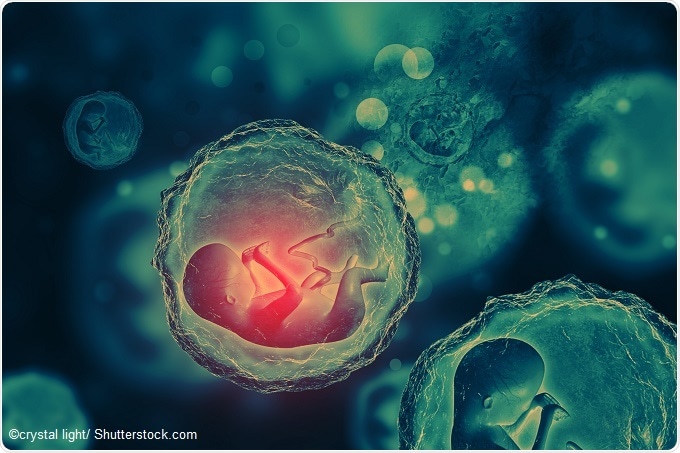Researchers have designed a womb-like device that could allow premature babies to develop their lungs and organs in the critical few weeks that remain before they face the outside world.

In animal studies, the artificial womb provided a prenatal, fluid-filled environment in which premature lambs stayed alive and grew for four weeks, which is the longest time to date.
Leader of the research and fetal surgeon at Children’s Hospital of Philadelphia (CHOP), Alan Flake, says the lambs “appear to have normal development in all respects.”
The lambs could breathe normally, open their eyes, swallow and had normal neurological function and organ maturity, important improvement over the incubation and ventilating devices currently used to help keep babies alive.
Flake and team hope the technology could one day be used to treat tiny, premature human babies and help them to grow up healthy.
Advances in neonatal care have increased the survival of premature babies, but those pushing the limits of viability (22 to 23 weeks of gestation) only have a 30 to 50% chance of survival. Those that do survive are at a 90% risk of morbidity and severe illnesses such as lung disease, cerebral palsy and complications caused by underdeveloped organs.
As reported in Nature Communications, Flake and team tested the device using eight fetal lambs, which have very similar prenatal lung development to humans. The lambs were physiologically equivalent to human babies of 23- to 24-week gestation.
The device provides a fluid-filled, temperature-controlled, near-sterile environment in which a baby can breathe amniotic fluid as it would do in a real womb, whilst the heart pumps blood through the umbilical cord to a machine that adds oxygen and removes carbon dioxide.
Designer of the flow apparatus, Marcus Davey (also from CHOP) explains: “Fetal lungs are designed to function in fluid, and we simulate that environment here, allowing the lungs and other organs to develop, while supplying nutrients and growth factors."
The goal is to see the babies through from 23 weeks of gestation to 28 weeks, when the lungs are mature enough for the baby to breathe air and the most severe health outcomes are no longer likely.
Flake and team will continue to refine and safety-test the device, which will need to pass through animal trials before humans studies could be considered. It will also need to be down-sized, since human babies are only one-third the size of the lambs used in the study. The researchers believe the technology could be ready for such tests within five years.